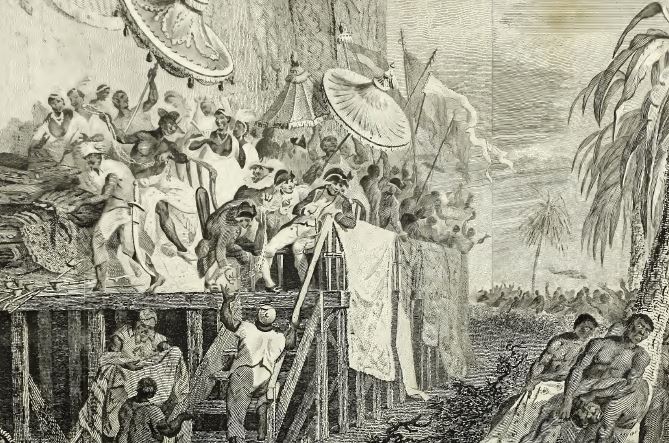Conscripting the Past: The Politics of African History in an Age of Abolition, 1760-1807
Devin Leigh
History
UC Davis
This dissertation investigates the lives and works of a generation of British slave owners and slave traders who turned to writing African history as a way to prevent the abolition of the slave trade at the end of the eighteenth century. These men include Edward Long, Robert Norris, John Matthews, Archibald Dalzel, and Bryan Edwards. Each of the dissertation’s five chapters centers around one of these figures; however, the scholarship also underscores that they were all part of the same cohort, and thus marks how their lives intersect throughout the project. Specifically, each chapter is broken into two parts. The first part shows how one of these writers developed his ideas about Africa and Africans in the slave societies of West Africa or the Caribbean during the 1750s, 1760s, and 1770s. The second part shows how he deployed those ideas once he returned to England in the 1780s. Overall, this dissertation argues that the political context of slave trade abolition was conducive to the development of African history. It argues that Britain’s national anti-slavery movement compelled proslavery writers to become pioneers in the production of African history. In doing so, it seeks to complicate our traditional understandings of the relationship between bias, motivation, and the production of knowledge.
Photo Credit: “The Last Day of the Customs,” in Archibald Dalzel, The History of Dahomy, An Inland Kingdom of Africa (London: T. Spilsbury, 1793), opp. 146.

